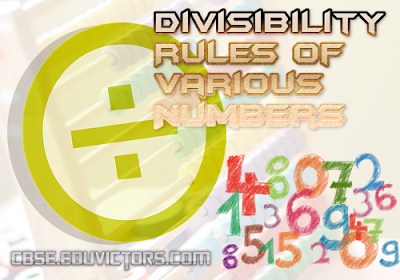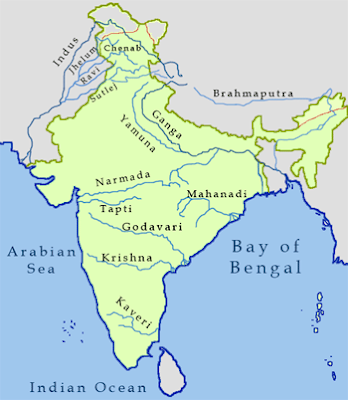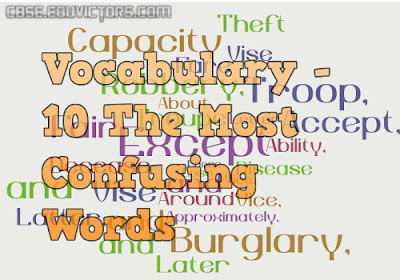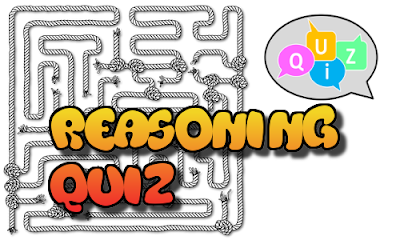Divisibility Rules of Various Numbers
(2-25)
A number is divisible by 2 if its unit’s digit is even or 0.
Divisibility by 3:
A number is divisible by 3 if the sum of its digits are divisible by 3.
Divisibility by 4:
A number is divisible by 4 if the last 2 digits are divisible by 4, or if the last two digits are 0’s.
Divisibility by 5:
A number is divisible by 5 if its unit’s digit is 5 or 0.
Divisibility by 6:
A number is divisible by 6 if it is simultaneously divisible by 2 and 3.

















